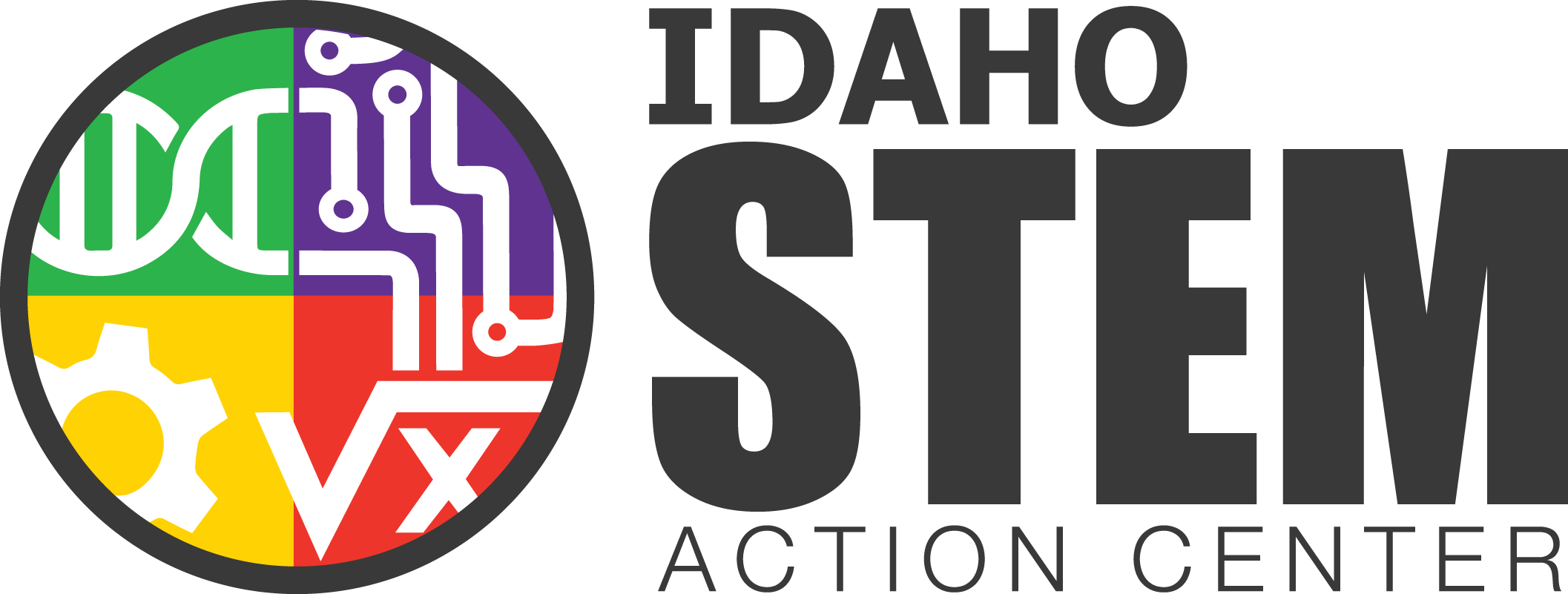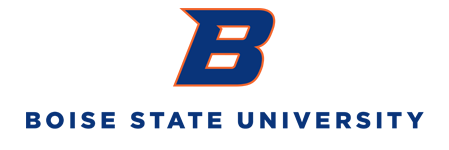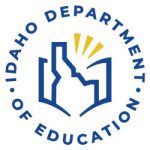i-STEM at College of Western Idaho
What is i-STEM?
i-STEM is a dynamic, 4-day summer professional development program for PK-12 educators in both classroom and informal settings. Focused on project-based, hands-on learning, i-STEM equips educators with practical tools and strategies to integrate STEM effectively into their teaching.
i-STEM 2025 Theme: Building connections in STEM
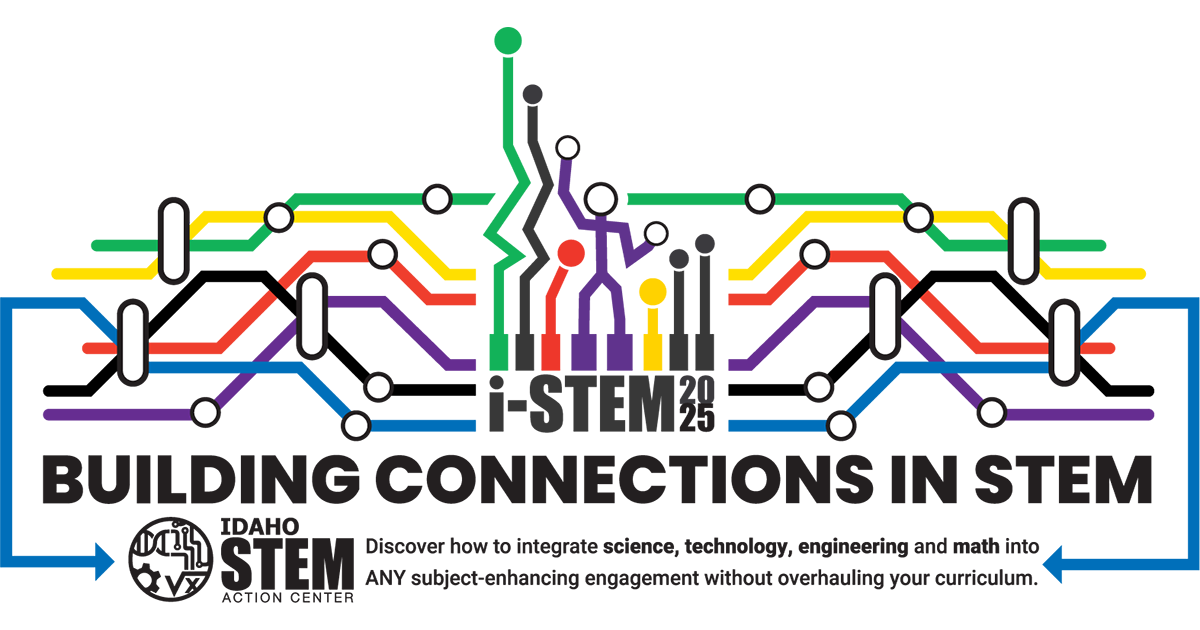
Discover how to integrate science, technology, engineering and math skills into ANY subject-enhancing engagement for students without overhauling your curriculum.
2026 Workshops: College of Western Idaho
i-STEM takes place at 6 locations throughout Idaho.
Each location features a unique lineup of workshops, or strands, tailored to the region.
As a participant in i-STEM you will walk away with materials to take back to your classroom to support what you learn. Check out the kits with each strand offering to see what you can implement this next school year.
i-STEM has travel and lodging stipends available!
Idaho STEM Action Center, through our partnership with Boise State University, is able to support travel to your closest location. All travel support must be in alignment with Idaho state travel policy. Please reach out to Idaho STEM Action Center at istem@stem.idaho.gov.
2025 i-STEM PD Credits
Credit Registration Deadline: July 30, 2025
Transcript Date: Summer 2025
Credit Registration Links:
For assistance, contact Extended Studies Customer Service at (208) 426-1709 or ExtendedStudies@boisestate.edu
Status: Closed
Location
College of Western Idaho
Aspen Classroom Building
6002 Birch Lane
Nampa, ID 83687
Map and Directions
Application key dates:
Open: February 2, 2026
Close: March 13, 2026
Confirmed: TBD
Eligible Applicants: All Idaho educators, formal and informal
Fees:
$50 public/non-profit educators
$1,000 private, homeschool, and parochial schools
A 25% discount can be applied for group registrations. This discounted rate will be applied to your purchase once the group purchase has been completed and finalized. The reimbursement will automatically go into effect after the transaction is processed.
PD credit available? Yes
Organized in collaboration with:
2025 i-STEM Keynote Speakers
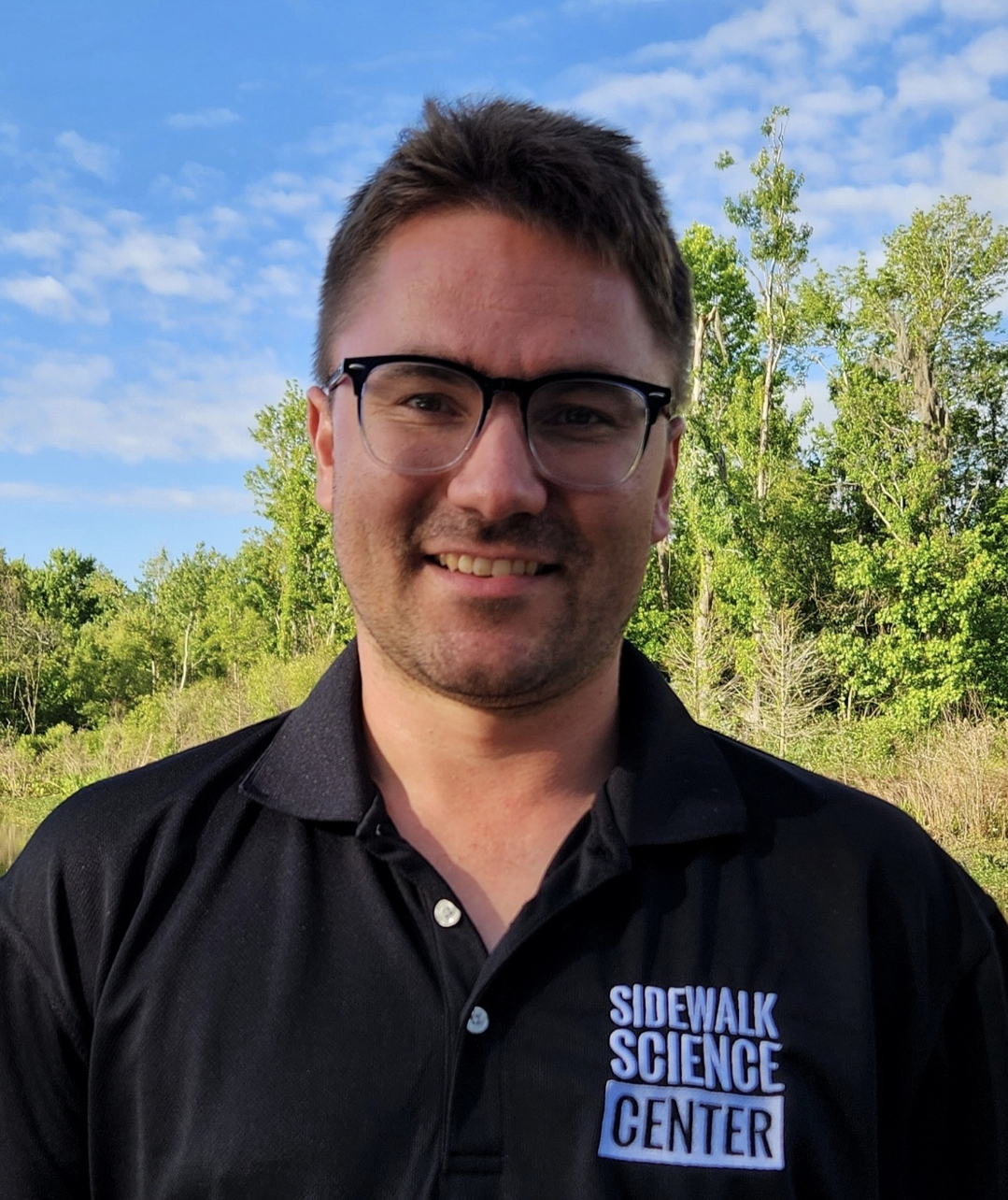
Alex Martin is a science-fiction author turned science educator. He created and is the executive director of Sidewalk Science Center (SSC), based along Florida’s Gulf Coast. SSC hosts hundreds of free-to-public programs on street corners, parks, and playgrounds each year, as well as private programs at houses, schools, camps, libraries, and other community organizations. A former museum educator, planetarium director, and middle and high school teacher, Alex has learned how to approach the learning process from all sides, how to reach students of all levels and abilities, and how to increase direct access to educational resources and knowledge.
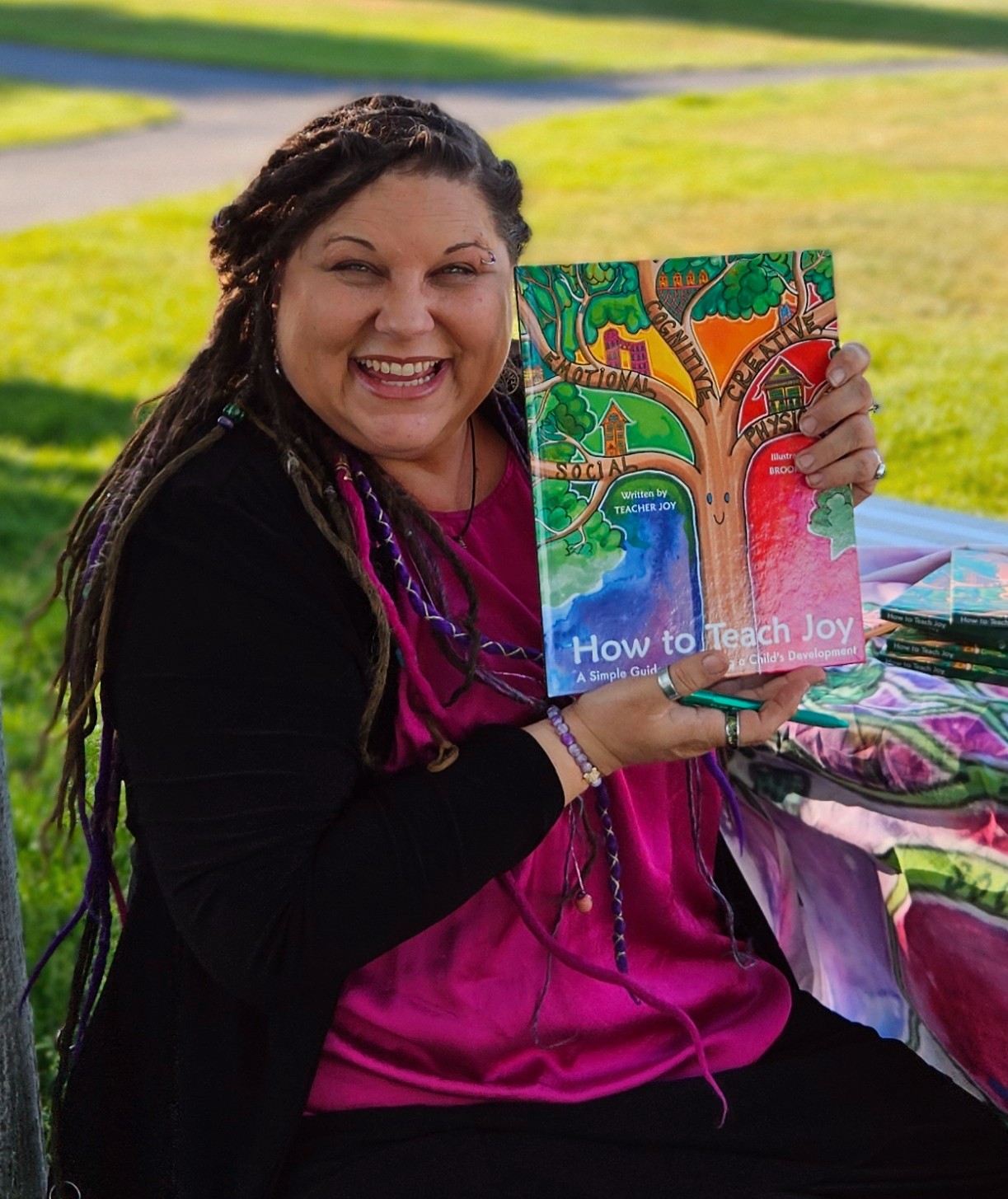
Joy Robertson, best known as “Teacher Joy,” has dedicated over three decades to early childhood education, emphasizing the importance of high-quality learning experiences. For the past 8 years, she has been a passionate STEM presenter, inspiring educators and families through engaging topics like baby STEM, STEM in the garden, classroom inclusion and STEM, STEM magic, coaching inquiry, and STEM PLAY. Her approach integrates purposeful play with hands-on exploration, fostering curiosity and joy in young learners. As an author of the Amazon best-seller How to Teach Joy: A Simple Guide to Nurturing a Child’s Development, Teacher Joy continues to champion the philosophy of ‘Play on purpose’ across the nation, bringing interactive workshops and joyful learning to communities everywhere.

